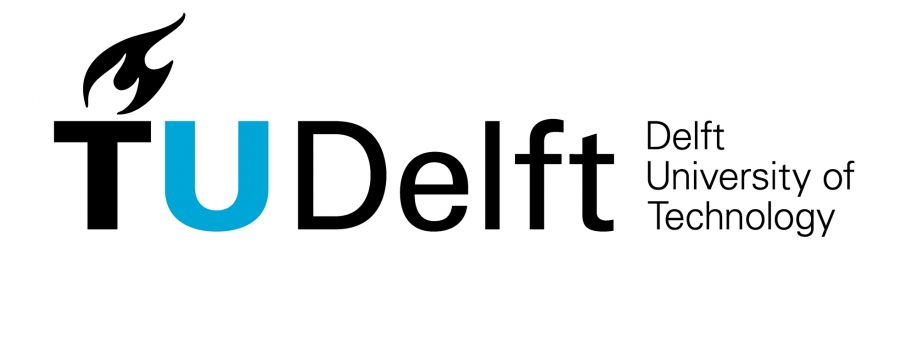ORGANIZING COMMITTEE:
-----------------------------------------
Ero Balsa (Cornell Tech)
Seda Gurses (Delft University of Technology)
Helen Nissenbaum (Cornell Tech)
Jara Rocha (Independent Researcher)
This event was possible with the kind support of The Digital Life Initiative at Cornell Tech, European Research Council, Consolidator grant 724431-BEHAVE and TU Delft's Faculty of Technology, Policy and Management (TPM).
For any questions, comments or requests, you can reach us at obfuscation@cornell.edu.
Please feel encouraged to share this announcement in your circles.

May
The 3rd Workshop on Obfuscation
- days
- Hours
- Minutes
- Seconds
Platform:
-----------------------------------------
In order to avoid using commercial platforms that subject us to further data collection and commercialisation of education, we worked with Hacker's and Designers, a non-profit initiative, to create our own platframe!
You can take a tour of the platframe here: https://3rd.obfuscationworkshop.org/tour
We will also use the TU Delft instance of BigBlueButton for which tutorials can be found here: https://bigbluebutton.org/teachers/tutorials/.
Registration:
-----------------------------------------
Please register at: https://3rd.obfuscationworksho....p.org/reception/regi
If you need a fee waiver, please contact us at obfuscation@cornell.edu.
We encourage you to register early. The number of places is limited and will be allocated on a first-come-first-serve basis.
List of sessions and Contributors (not final)
---------------------------------------------------------------
AdNauseam past, present and future // Public interest technologies for the ML age // Human/Machine behavior and intent // Friction // Face-veillance // Cybernetics and obfuscation
Helen Nissenbaum, Finn P. Brunton, Femke Snelting, Lee McGuigan, Sally Chen, Michael Veale, Ellen Goodman, David Abbink, Deborah Forster, Erwin Boer, Amy X. Zhang, Patrick Skeba, Eric P. S. Baumer, Lior Zalmanson, Niva Elkin-Koren, Annelies Moors, Annemiek van Boeijen, Caspar Chorus, Amineh Gorbani, Ulf Liebe, Michael Castelle, Natasha Dow Schull, Lujo Bauer, Vidushi Marda, Nadia Fadil, Ramon Amaro, Robin Berjon, Elizabeth Renieris, Carmela Troncoso, Bettina Berendt, Kendra Albert, Sauvik Das, Nicholas Vincent, Kulynych Bogdan, Bekah Overdorf.
Overview and topics:
-----------------------------------------
Obfuscation strategies represent creative ways to evade surveillance, protect privacy, improve security; as well as protest, contest, resist and sabotage technology. Obfuscation methods render data more ambiguous, difficult to exploit and interpret, less useful. They rely on the addition of gibberish, meaningless data; they pollute, add noise, randomize. Obfuscation invokes an intuitive form of protection: it distorts that which is visible to render it less (or in)visible. It hides the trees among the forest. The aim of the 3rd Workshop on Obfuscation is to foster interaction among diverse communities of research, concern and practice interested in obfuscation. We convene researchers, scientists, policy makers, developers, journalists, activists, artists and other interested parties to discuss obfuscation in environments and conditions of asymmetrical power and information. We look forward to presentations on a broad range of approaches, including theories, tools, simulations and experimental methods from diverse disciplines and spheres of practice. The different sessinos include a diverse family of related topics and efforts, including friction, adversarial machine learning, countering new modes of ad-tracking, protective optimisation technologies (POTs), cybernetics and obfuscation in behavioural decision-making contexts by humans and artificial agents.
Obfuscation strategies represent creative ways to evade surveillance, protect privacy, improve security; as well as protest, contest, resist and sabotage technology. Obfuscation methods render data more ambiguous, difficult to exploit and interpret, less useful. They rely on the addition of gibberish, meaningless data; they pollute, add noise, randomize. Obfuscation invokes an intuitive form of protection: it distorts that which is visible to render it less (or in)visible. It hides the trees among the forest. The aim of the 3rd Workshop on Obfuscation is to foster interaction among diverse communities of research, concern and practice interested in obfuscation. We convene researchers, scientists, policy makers, developers, journalists, activists, artists and other interested parties to discuss obfuscation in environments and conditions of asymmetrical power and information. We look forward to presentations on a broad range of approaches, including theories, tools, simulations and experimental methods from diverse disciplines and spheres of practice. The different sessinos include a diverse family of related topics and efforts, including friction, adversarial machine learning, countering new modes of ad-tracking, protective optimisation technologies (POTs), cybernetics and obfuscation in behavioural decision-making contexts by humans and artificial agents.